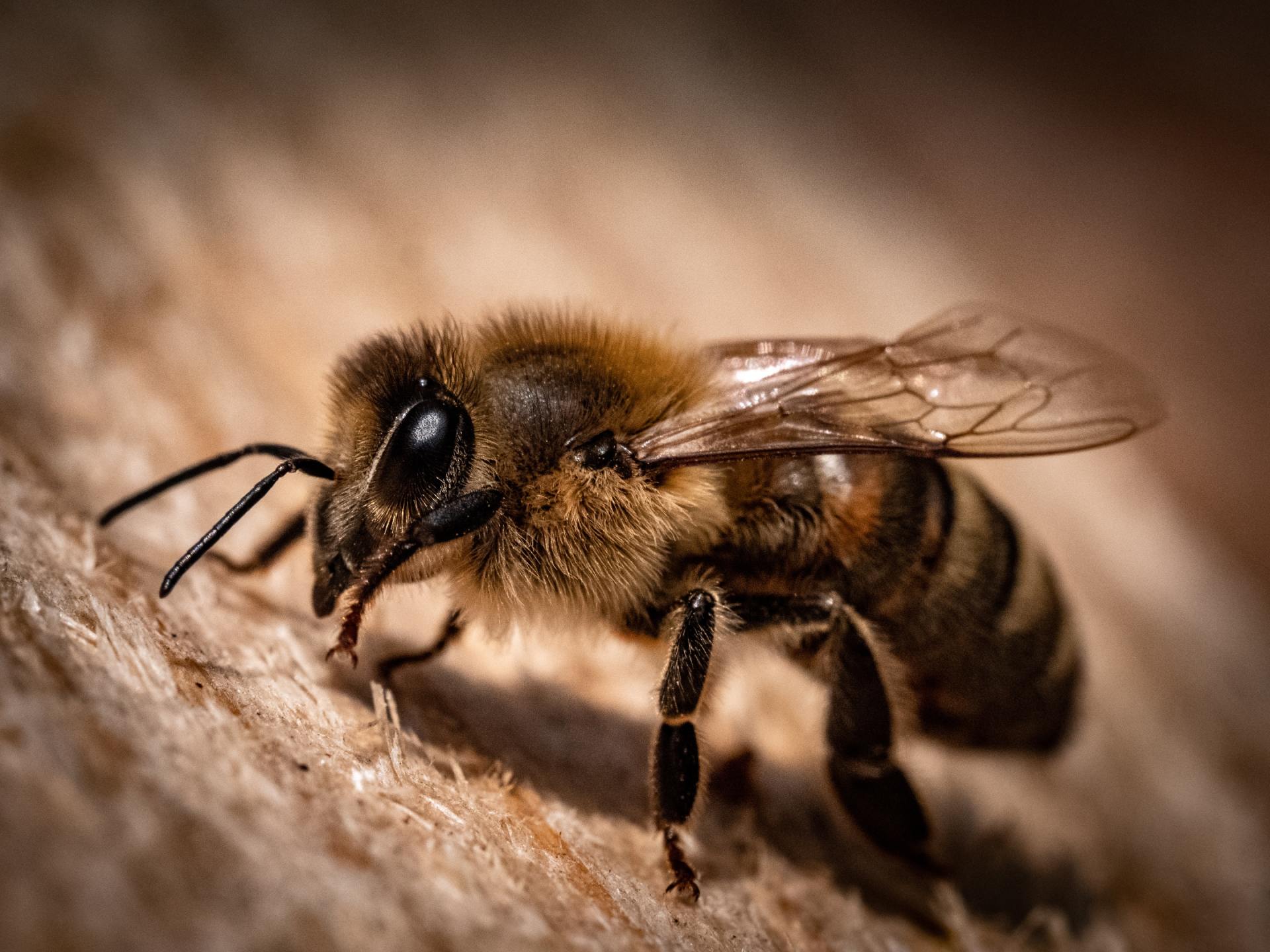Blog Post
Bees and the arrival of spring
steven light • Jan 29, 2021
This is a subtitle for your new post
Welcome back, everyone.
It will soon be time where the weather starts to warm up which will be bringing bees along with it. The first of these seasonal friends will be bumblebees and minor/mason bees. As spring arrives these will start to appear more regularly, they are not pests but friends.
Bumblebees can sound scary with their loud buzzing and large size. As long as you do not knock or disturb their nest or nest entrance they will return the kindness by leaving you alone.
Minor bees make nests in the ground and it may look like you have hundreds but they are solitary bees only interested in creating a quick nest in which to lay their eggs. They do not stay long and can be discouraged but there is no need as long as you wear some sort of footwear in the garden.
Mason bees create or use holes in the mortar between the bricks of buildings or holes in logs or other suitable structures. These don’t sting and are harmless along with being fascinating to observe. As with minor bees, they are only a short-lived nuisance and disappear as fast as they arrive.
We will remove certain bumblebee species depending on the circumstances and nest location. If it can be done safely in regards to the bees we will, however, we do advise strongly that they are left alone.
Mason and minor bees we understand can be a nuisance however they do not pose a threat. For mortar bees, we would advise filling all external holes in the walls before they start to nest.
For minor bees, we would suggest using a sprinkler system if bothered by these however for both we would fully recommend leaving them be and watching them work for their short-lived lives.
All of the above species are fantastic pollinators and mason bees aka mortar bees are considered as good a pollinator as honey bees if not better (depending on which source of info you read)
Please consider the benefits of these and the issue they are truly causing you before contacting us. We can come up with certain other solutions dependant upon the issue however 9/10 times the advice will be to leave them in situ for the couple of weeks they are active.
INFORMATION
Buisiness Hours
Monday to Friday
8.00 to 5.00
Saturday
8.00 to 12.00
Call Out service for Bank Holidays and after hours
REVIEW US ON
All Rights Reserved Shire Pest Solutions
© 2024
Oxfordshire villages
Adwell, Aston Rowant, Aston Upthorpe, Aston Tirrold, Beckley, Benson, Berinsfield, Berrick Salome, Binfield Heath, Bix and the Assendons, Brightwell Baldwin, Brightwell cum Sotwell, Britwell Salome, Burcot,
Chalgrove, Checkendon, Chinnor, Chiselhampton, Cholsey, Clifton Hampden, Cookley Green, Crowell, Crowmarsh Gifford, Cuddesdon, Culham, Cuxham, Dorchester, Drayton St. Leonard, Dunsden Green
East Hagbourne, Elsfield, Emmington, Ewelme, Forest Hill, Gallowstree Common, Garsington, Goring, Great Haseley, Great Milton
Harpsden, Highmoor, Holton, Horspath, Ipsden, Kidmore End, Kingston Blount, Lewknor, Little Milton, Little Wittenham, Long Wittenham, Maidensgrove, Mapledurham, Marsh Baldon, Moulsford, Nettlebed, Newington, North Moreton, North Stoke, Nuffield, Nuneham Courtenay
Postcombe, Pyrton, Roke, Rotherfield Greys, Rotherfield Peppard, Russells Water, Sandford-on-Thames, Shillingford, Shiplake, Shirburn, Sonning Common, South Moreton, South Stoke, South Weston, Stadhampton, Stanton St. John, Stoke Row, Stoke Talmage, Stonor, Swyncombe, Sydenham,Tetsworth, Tiddington & Albury, Toot Baldon, Towersey

